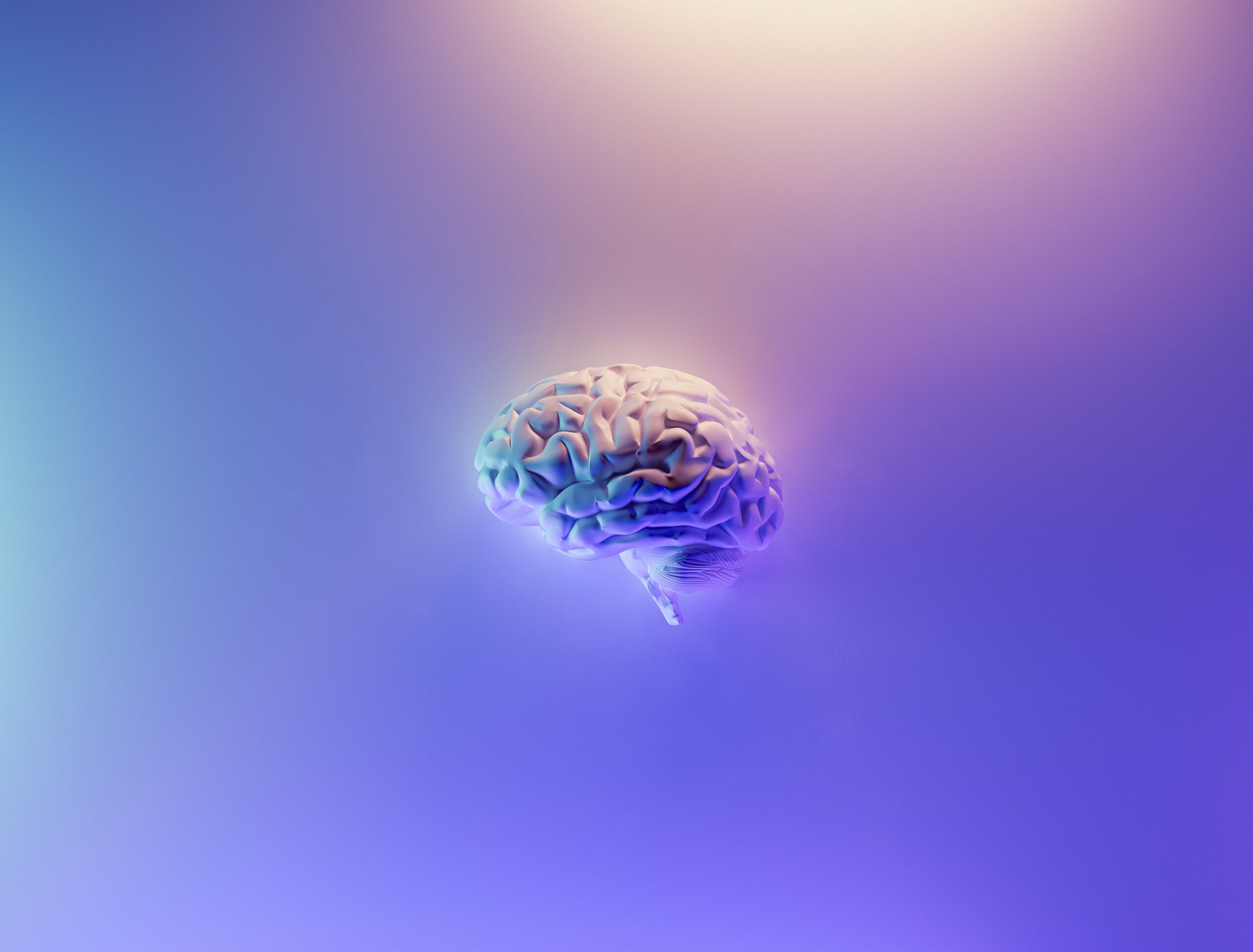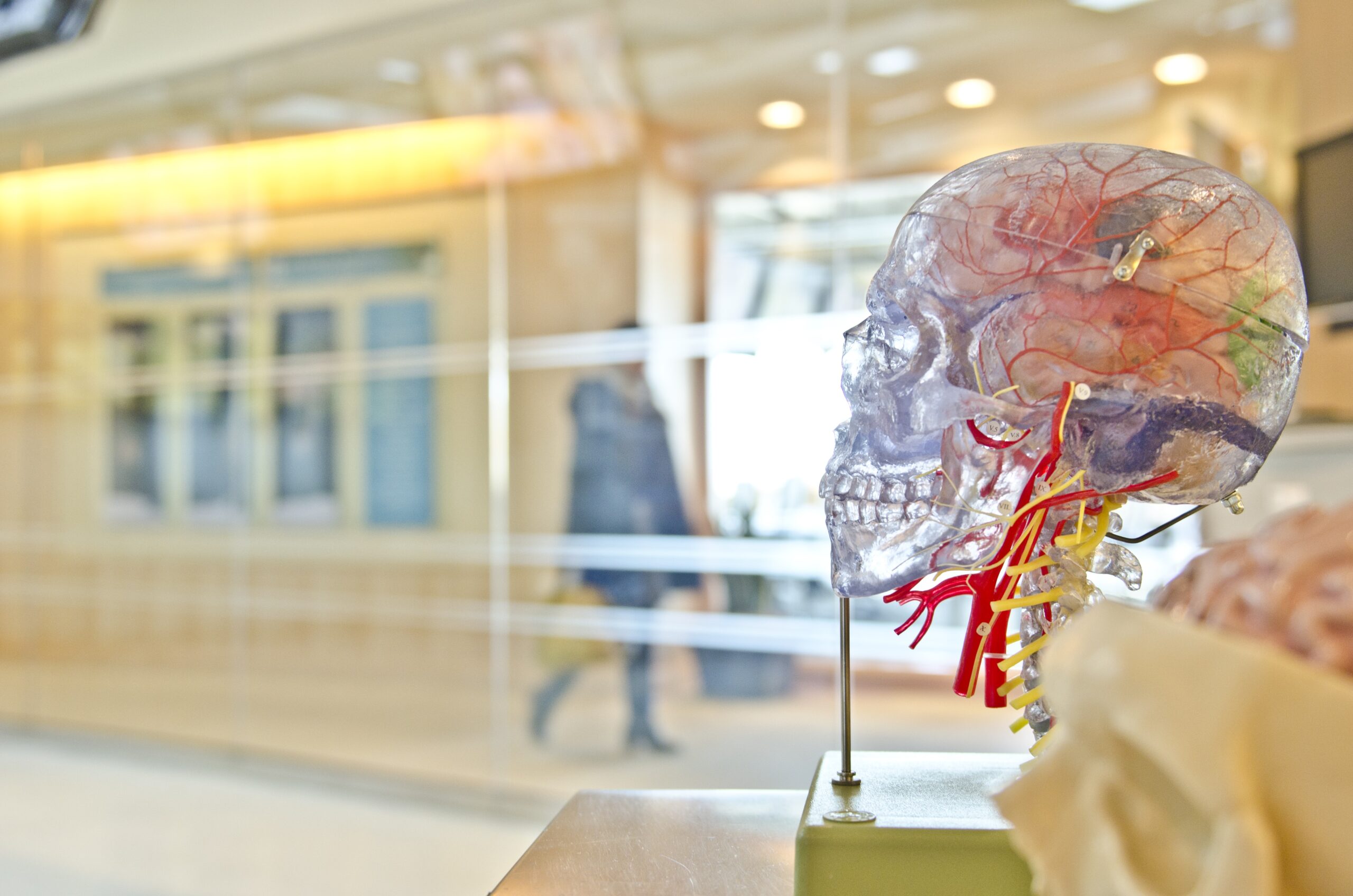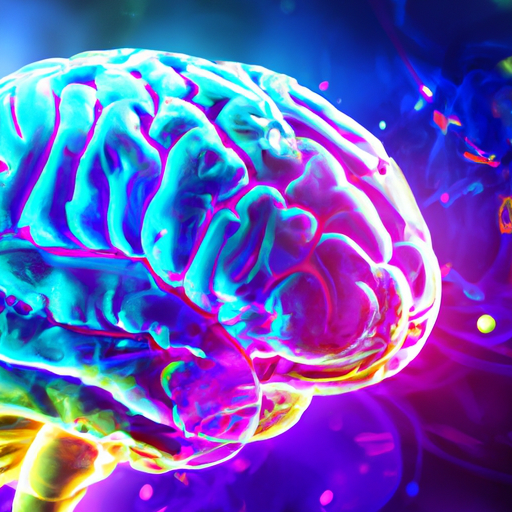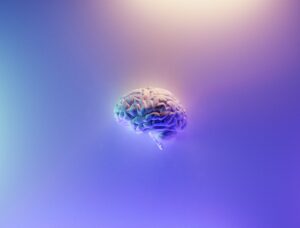In this article, you will explore the fascinating world of nootropics and discover how they have the potential to enhance brain function. Nootropics, also known as “smart drugs,” are supplements or substances that can improve cognitive abilities, memory, and focus. By delving into the science behind these substances and understanding their mechanisms, you will gain valuable insights into how they can positively impact your cognitive performance. Whether you’re looking to boost productivity, improve mental clarity, or enhance learning abilities, this article will provide you with essential information on the benefits and potential risks of incorporating nootropics into your daily routine. Get ready to unlock the full potential of your brain!

This image is property of images.unsplash.com.
Definition of Nootropics
Understanding Nootropics
Have you ever heard the term “nootropics” and wondered what it actually means? Well, you’re in the right place! Nootropics, also known as smart drugs or cognitive enhancers, are substances that are believed to improve various aspects of brain function, including cognition, memory, focus, and mood. These substances can be either natural or synthetic and are often used by individuals seeking to enhance their mental capabilities.
The Meaning of Nootropics
Derived from the Greek words “noos,” meaning mind, and “tropos,” meaning turning, nootropics are essentially substances that help turn the mind. The term was coined by Dr. Corneliu E. Giurgea, a Romanian psychologist and chemist, in the 1970s. Dr. Giurgea developed a set of criteria to define what qualifies as a true nootropic substance. According to these criteria, nootropics should enhance cognitive function without causing significant side effects or being addictive in nature.
Origins and Development of Nootropics
Nootropics have a rich history that dates back to ancient times. Traditional practices, such as Ayurveda and Traditional Chinese Medicine, have long utilized natural substances like herbs and roots to improve cognitive abilities and overall brain health. However, the modern development of synthetic nootropics began in the mid-20th century, with the discovery of substances like piracetam.
Types of Nootropics
Natural vs Synthetic Nootropics
When it comes to nootropics, they can be broadly categorized into two main types: natural and synthetic. Natural nootropics refer to substances derived from natural sources, such as plants, herbs, and minerals. Examples of natural nootropics include caffeine, ginkgo biloba, and bacopa monnieri.
On the other hand, synthetic nootropics are man-made substances that are specifically designed to enhance cognitive function. These substances are often created by altering the chemical structure of existing compounds. Popular synthetic nootropics include racetams, modafinil, and phenylpiracetam.
Commonly Used Nootropics
There is a vast array of nootropic substances available in the market today, each with its own unique set of benefits and mechanisms of action. Some of the most commonly used nootropics include:
-
Caffeine: This well-known stimulant can enhance alertness and improve focus.
-
L-theanine: Often found in green tea, L-theanine can promote relaxation without causing drowsiness.
-
Bacopa Monnieri: A herb that has been used for centuries in Ayurvedic medicine, bacopa monnieri is believed to enhance memory and reduce anxiety.
-
Piracetam: One of the first synthetic nootropics discovered, piracetam is known for its ability to enhance memory and learning.
Examples of Nootropic Substances
Nootropics come in various forms and can be ingested in different ways. Some popular examples of nootropic substances include:
-
Pills or capsules: These are the most common forms of nootropics and are usually taken orally.
-
Powders: Nootropic powders can be mixed with liquids or added to foods for easy consumption.
-
Drinks: Some nootropic substances are formulated as ready-to-drink beverages, providing a convenient option for those on the go.
-
Chewing gums: Chewing gums infused with nootropic compounds offer a discreet and portable way to consume these substances.
How Nootropics Work
The Science Behind Nootropics
To understand how nootropics work, it’s important to explore their mechanism of action. Nootropic substances act on various neurotransmitters, receptors, and enzymes in the brain, impacting neural pathways and signaling. They can enhance the production, release, or availability of certain neurotransmitters, ultimately leading to improved cognitive function.
Effects of Nootropics on the Brain
Nootropics can have a wide range of effects on the brain, some of which include:
-
Increased focus and concentration: Many nootropics are known to enhance attention span and improve the ability to concentrate on tasks.
-
Enhanced memory and learning: Certain nootropics can support memory formation and retrieval, facilitating the process of learning and knowledge retention.
-
Neuroprotection: Some nootropics have antioxidant properties that help protect brain cells from damage caused by free radicals and oxidative stress.
Interactions Between Nootropics and Neurons
Nootropics interact with neurons in the brain by influencing the release and reception of neurotransmitters. For example, substances like racetams are believed to enhance the activity of acetylcholine, a neurotransmitter involved in learning and memory. This increased activity can lead to improved cognitive performance and information processing.
Benefits of Nootropics
Effects on Cognition
One of the primary reasons individuals turn to nootropics is to enhance cognitive function. Nootropics can help improve attention, focus, and mental clarity, making it easier to tackle complex tasks and maintain productivity. By optimizing brain function, these substances can enhance overall cognitive performance.
Effects on Mood
Another significant benefit of certain nootropics lies in their ability to positively impact mood and emotional well-being. Some substances, such as L-theanine and phenylpiracetam, have been reported to promote relaxation, reduce anxiety, and even improve motivation and drive.
Effects on Memory
Memory enhancement is perhaps one of the most sought-after effects of nootropics. Many individuals, from students to professionals, seek to improve their memory capabilities to retain information more effectively. Nootropics like bacopa monnieri and piracetam have shown promise in enhancing memory formation and retrieval.
Effects on Stress Levels
In today’s fast-paced and stressful world, managing stress levels is crucial. Certain nootropics, such as ashwagandha and rhodiola rosea, have adaptogenic properties that help the body better cope with stress. They can reduce the production of stress hormones like cortisol, promoting a more balanced and relaxed state of mind.
This image is property of images.unsplash.com.
Negative Side-effects of Nootropics
Possible Adverse Reactions
Like any other substance, it’s important to be aware that nootropics may come with potential side effects. While most individuals tolerate them well, some people may experience mild adverse reactions such as headaches, nausea, or gastrointestinal issues. It’s crucial to start with a low dosage and gradually increase it to determine how your body responds.
Long-term Effects of Use
Long-term effects of nootropic use are still being studied, and there is limited research on the potential risks associated with extended or excessive usage. It is advised to use nootropics responsibly and consult with a healthcare professional if you have any underlying health conditions or are taking medication.
Potential for Misuse or Addiction
It is also important to note that some nootropic substances, particularly those with stimulant properties, have the potential for misuse or addiction. Caution should be exercised when using these substances, and it’s crucial to follow recommended dosage guidelines to minimize the risk of dependence.
Scientific Research on Nootropics
Studies on Nootropics Efficacy
There is a growing body of scientific research exploring the efficacy of various nootropic compounds. Many studies have shown promising results, highlighting the potential benefits of these substances in improving cognitive function, memory, and overall brain health. However, it’s important to note that more research is needed to fully understand the long-term effects and optimal usage of different nootropics.
Controversy and Debates in the Scientific Community
As with any emerging field, there are ongoing debates and controversies surrounding the use of nootropics. Some argue that the long-term effects and safety of these substances have not been adequately studied, while others believe that certain nootropics hold great potential in enhancing brain function. It is important for researchers to continue studying these compounds to gather more evidence and provide informed recommendations.
Future of Nootropics Research
The future of nootropics research looks promising, with scientists striving to uncover new compounds and understand their mechanisms of action. Advances in technology and neuroscience are expected to contribute to a deeper understanding of the brain and the potential of nootropics. As more research is conducted, we can expect to see further developments in the field of cognitive enhancement.

This image is property of images.unsplash.com.
Legal Status and Regulation of Nootropics
Nootropics in the Pharmaceutical Industry
Some nootropic substances have been approved for medical use in treating specific conditions. For example, modafinil is a prescription medication used to treat sleep disorders like narcolepsy. However, the majority of nootropics are not approved by regulatory bodies for cognitive enhancement purposes.
Legal Considerations
The legal status of nootropics varies from country to country. While certain substances may be legal and readily available in one country, they may be restricted or even banned in another. It’s essential to be aware of your local legislation and regulations surrounding the purchase, possession, and use of nootropics.
Regulations Across Different Countries
In some countries, nootropics are regulated under the same laws as dietary supplements or conventional medicines. In other countries, they may fall into a regulatory grey area. It is important to conduct thorough research and consult with local authorities or legal professionals to understand the specific regulations in your jurisdiction.
Usage of Nootropics
Frequency of Use
The frequency of nootropic use can vary greatly from person to person. Some individuals may use nootropics on an as-needed basis, taking them before important exams or work projects. Others may incorporate them into their daily routine as part of a long-term cognitive enhancement strategy. It is crucial to listen to your body and find a usage pattern that suits your needs and preferences.
Ideal Dosages
Determining the ideal dosage of a nootropic can be challenging, as it can depend on various factors such as body weight, tolerance, and desired effects. It is generally recommended to start with the lowest effective dose and gradually increase it if necessary. Consulting a healthcare professional or qualified expert can provide personalized guidance and help establish the right dosage for you.
User Demographics and Trends
While nootropics were initially popular among students and professionals seeking an academic or occupational edge, their usage has expanded to a wider demographic in recent years. Older adults looking to support cognitive function and individuals seeking to optimize brain health have also turned to these substances. As more research emerges and awareness increases, the popularity of nootropics is expected to continue growing.

Nootropics in Pop Culture and Media
Representation of Nootropics in Films and Books
Nootropics have made their way into popular culture, being featured in films and books that explore the concept of enhancing cognitive function. Movies like “Limitless” and the book it was based on, “The Dark Fields” by Alan Glynn, present a fictional world where a powerful nootropic drug unlocks a person’s full intellectual potential. While these portrayals may be exaggerated, they have contributed to the interest and fascination surrounding nootropics.
Celebrity Endorsements
The endorsement of nootropics by celebrities and influential figures has also played a role in their popularity. Many well-known personalities, including entrepreneurs, athletes, and academics, openly discuss their use of nootropics and credit these substances for their enhanced mental performance. However, it is important to approach celebrity endorsements with caution and remember that individual experiences may vary.
Nootropics-Related Trends and Fads
As nootropics gain more attention, various trends and fads may emerge within the industry. These can include the promotion of specific nootropic stacks or combinations, the rise of certain substances as “superstars,” or the development of unconventional delivery methods. It is important to approach these trends with critical thinking and prioritize balanced, evidence-based information.
Future of Nootropics
Advancements in Nootropics
The future of nootropics holds great potential for advancements and innovation. With ongoing scientific research, new compounds and formulations will likely be discovered, expanding the range of options available. Advancements in drug delivery systems may also lead to more efficient and targeted ways of administering nootropics.
Possible New Uses of Nootropics
While the current focus of nootropics revolves around cognitive enhancement, it is possible that future research will uncover additional benefits and uses for these compounds. This could include applications in the treatment of neurodegenerative diseases, mental health disorders, or even physical performance enhancement.
Projections for the Future of the Nootropics Market
As the demand for cognitive enhancement solutions continues to grow, it is expected that the nootropics market will experience significant expansion in the coming years. This growth may be driven by advancements in research, increasing public awareness, and the development of new and improved products. However, it is important for consumers to remain informed and make educated decisions when considering the use of nootropics.
In conclusion, nootropics are substances that have gained popularity for their potential to enhance brain function. With a variety of natural and synthetic options available, individuals have the opportunity to explore and experiment with different compounds to find what works best for them. While there are potential benefits to be gained from nootropic use, it is important to use these substances responsibly and be aware of the potential risks and limitations. The future of nootropics holds exciting possibilities for advancing our understanding of brain function and optimizing cognitive performance.





